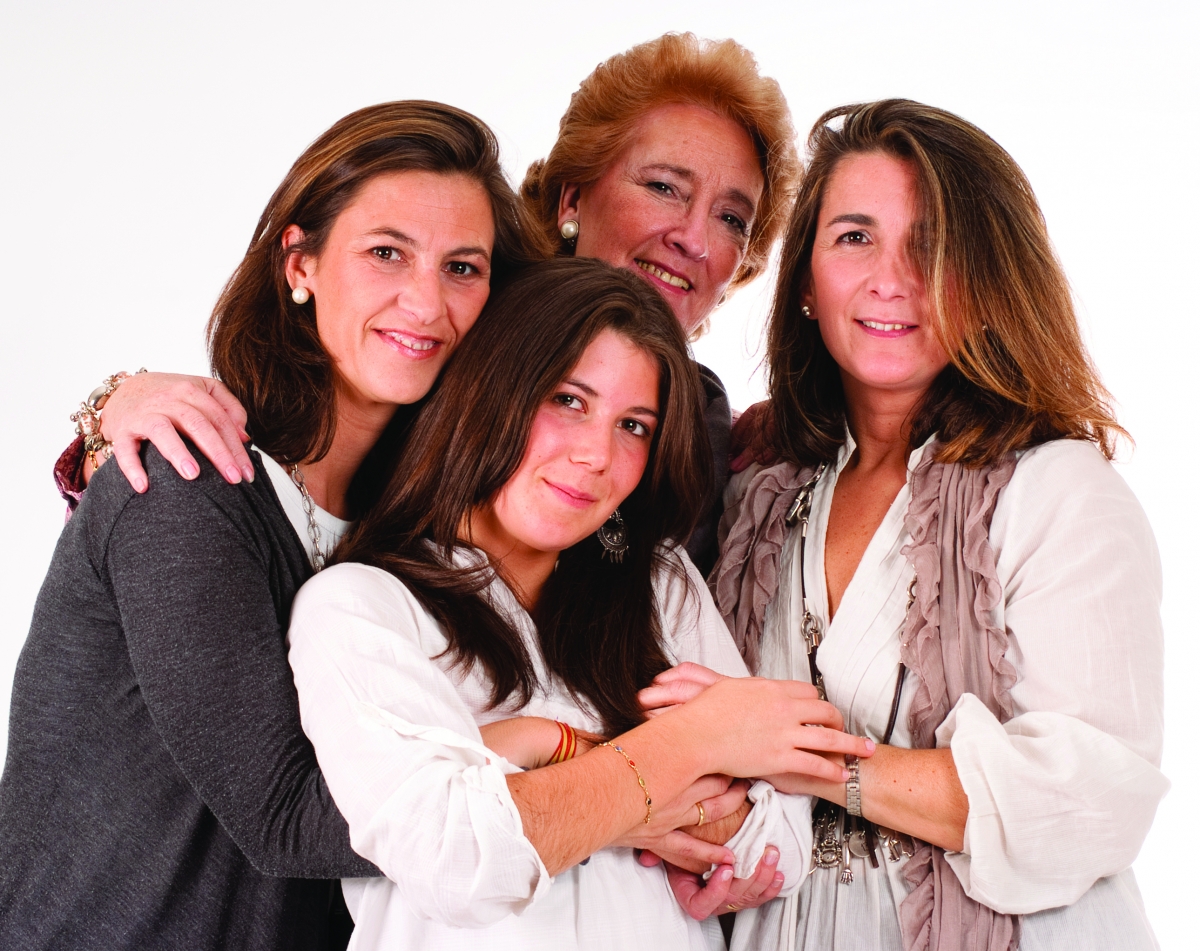MD Anderson Cancer Center at Cooper provides women with a comprehensive risk assessment and customized recommendations to prevent and/or detect breast cancer at its earliest, most treatable stage.
A visit to the Breast Cancer Risk Assessment Program will empower women with the tools they need to help lower their risk.
 Who Is at Increased Risk?
Who Is at Increased Risk?
The average lifetime risk of breast cancer for American women is one in seven; however the likelihood of developing breast cancer increases in women who have certain risk factors. These risk factors may include:
- A mother, sister or daughter with breast cancer
- Two or more close relatives with breast and/or ovarian cancer, especially under age 50
- Breast cancer in a close male relative
- A breast biopsy showing atypical cells or lobular carcinoma in situ (LCIS)
- Ashkenazi (Eastern European) Jewish descent with a family history of breast and/or ovarian cancer
- Known or suspected genetic mutations
- Prior radiation to the neck or chest
Our Program
The MD Anderson Cancer Center at Cooper Breast Cancer Risk Assessment Program helps women understand and manage their risk for breast cancer. Our services are customized for each patient, offering personalized care that may include:
- Breast cancer risk assessment.
- Clinical breast exam with one of our physicians.
- Personalized screening schedules incorporating advanced diagnostic technologies.
- Genetic counseling and/or testing.
- Comprehensive prevention strategies.
- Supportive care services.
- On-going follow-up.
Screenings and Clinical Exams
Women at increased risk for developing breast cancer may benefit from more frequent or more sensitive screening studies including diagnostic mammography, contrast enhanced spectral mammography (SenoBright), breast ultrasound, or breast MRI. Patients also get the benefit of a clinical breast exam performed by a breast cancer expert who is trained to identify subtle changes in the breast tissue.
 Genetic Counseling and Testing
Genetic Counseling and Testing
Although most breast cancers occur in women who do not have a strong family history of the disease, about 5 to 10 percent of all breast cancers are hereditary. Research has shown that changes in certain genes can increase a woman’s risk of developing breast, ovarian and other cancers.
The most common of these genes are called the BRCA genes, however information is emerging about other genes that may contribute to the risk of developing breast cancer
Depending on the patient’s family history of cancer, some women may be offered genetic testing to determine if gene mutations are present. Our genetic counselors will discuss the testing process and findings with you in detail.
They will help you understand how these results affect you, your family and the next steps you may want to take to reduce your risk for breast cancer.
Risk Reduction Strategies
The Breast Cancer Risk Assessment Program provides women with personalized recommendations for breast cancer prevention including chemo-prevention, surgery, and nutrition and lifestyle counseling as well as access to innovative breast cancer prevention clinical trials. The program also offers behavioral health services and support groups to help women cope the emotional impact that being at high risk can have on their lives.
What to Expect at Your First Appointment
At your first appointment, you will be asked to provide detailed information about your personal and family history so that a risk assessment can be completed. Once your risk has been determined each patient’s case will be reviewed by our multidisciplinary team, which includes:
- Medical Oncologists
- Breast Surgeons
- Genetic Counselors
- Nurses
The team provides each woman with a comprehensive evaluation and recommendations individually tailored to her specific needs. Some women may be followed in the program, while others will continue their care with their regular physicians.
